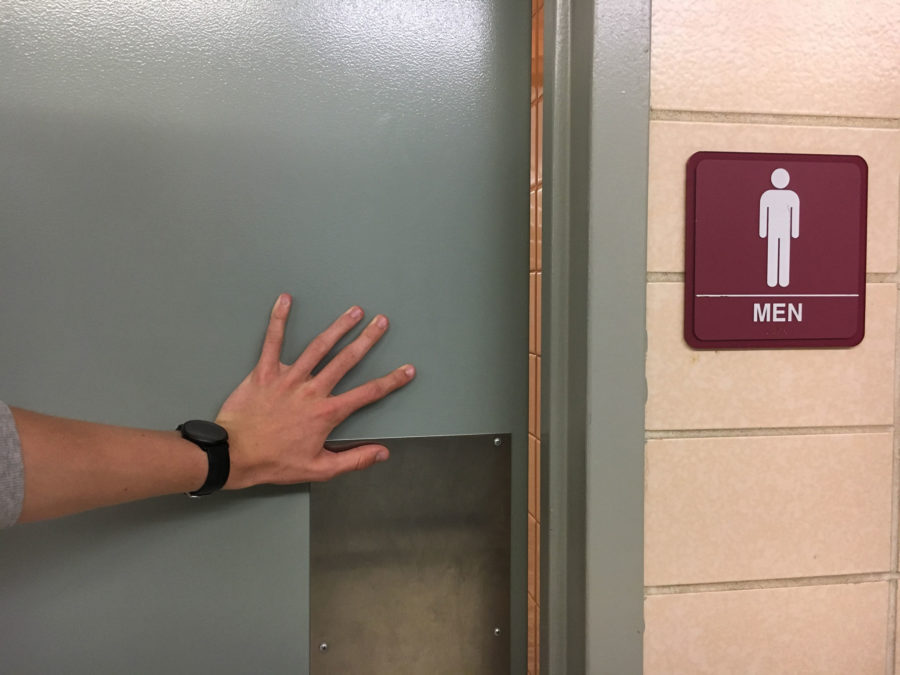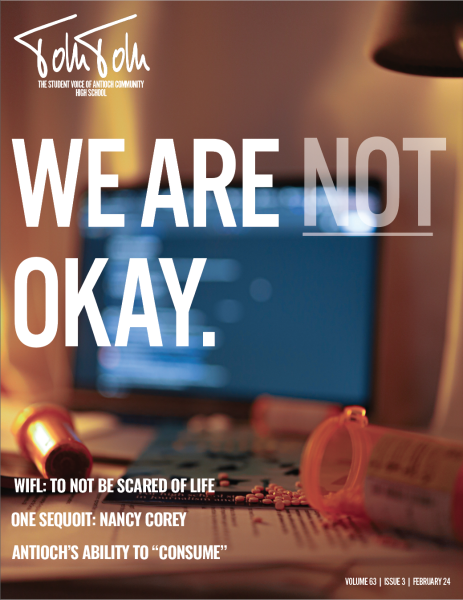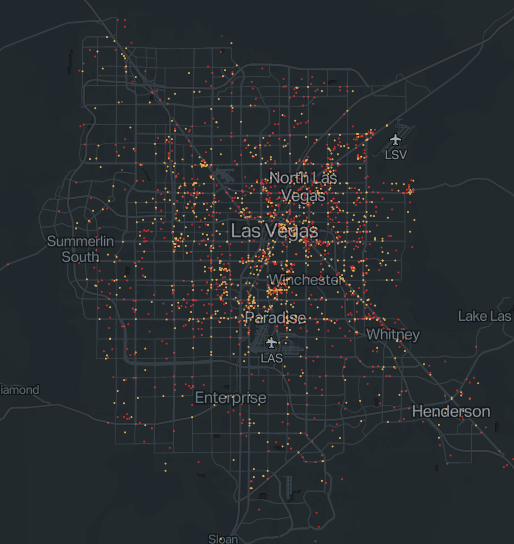ACHS Faces Repetitive Threats
For two weeks in a row, threatening messages have been displayed in school bathroom stalls, with prevention remaining a question.
Both last week and this week, ACHS administration was informed of more threatening messages written on bathroom stalls. The contents of the messages have not been publicly specified, but multiple emails have been sent out to parents and staff. However, students have been largely uninformed on recent developments in the situation since the initial incidents last August and September. The first email to students about the messages since September was sent out this morning.
Parents were encouraged to share and discuss such messages with their students, but the choice to leave out students was not an accident. The intent was not to leave students uninformed; in fact, student and staff safety has been the priority since the first message was left. Principal Dr. Bradford Hubbard explains that communication remains a priority to the administration.
“The one place where I think that we could potentially fall down is in not communicating, and then there becomes confusion, maybe some distrust,” Hubbard said. “[It] can start to shake that safety boat a little bit, or that feeling of safety. And that’s something that’s not negotiable for me. That’s absolutely of the utmost importance, because I don’t want people to question what we’re doing, how we’re doing it, or whether or not we’re communicating or being honest and forthcoming.”
Until today, the only information students received was at the discretion of their parents. The fact that the first two messages were not directly sent to students, though, does not decrease their importance.
“It is extremely serious when you go down that road of disrupting and/or threatening anything, let alone a school,” Hubbard said. “I don’t know if it truly is a threat, if it is somebody screaming for help, if it’s somebody just trying to disrupt the school day, or a combination of all those things– and so it’s really hard to put our finger on [sic] why ‘why.’ I really wish we could figure out the ‘why,’ because once you know the ‘why,’ and, obviously the ‘who,’ it becomes easier to address.”
This fear of the unknown is a large factor in the reactions of students; they often feel on edge when hearing about such messages, whether it is an empty threat or not.
“[It makes me feel unsafe] because someone took the time to write a threatening message on a bathroom stall,” senior Morgan Balleza said. “I feel like people just write them to sound like they can do something. Even though they might not, they’re sending the message that they still [could].”
This sentiment is what administrators and the Antioch Police Department are trying to avoid. Although realistically safety is the primary concern, the feeling of safety is subsequently important.
“Our first goal is to make sure our students and staff are safe, secondary to that, through the open and honest communication, the visual presentations of administrators, the presence and the appearance of police on campus on days that we elect to do that… trying to make people feel as though they’re also safe at the same time,” Hubbard said.
No matter how badly students and staff wish the problem wouldn’t persist, prevention is difficult. According to Hubbard, there must be a balance between too much and too little restriction. But, because of the continuation of the threats, more intense action must be taken.
“Ultimately, in order to narrow the window of opportunity for this behavior to occur, we will be forced to more closely monitor access to certain locations in the building and you will notice other calculated responses during arrival, passing periods, and access to the building after school,” Hubbard wrote in his email.
Finding the right balance of security does not come without its challenges, though.
“It’s really hard to [prevent], in a school with this many students,” Hubbard said.
A $500 reward may be awarded for information leading to the arrest of the perpetrator, who will be facing serious consequences.












